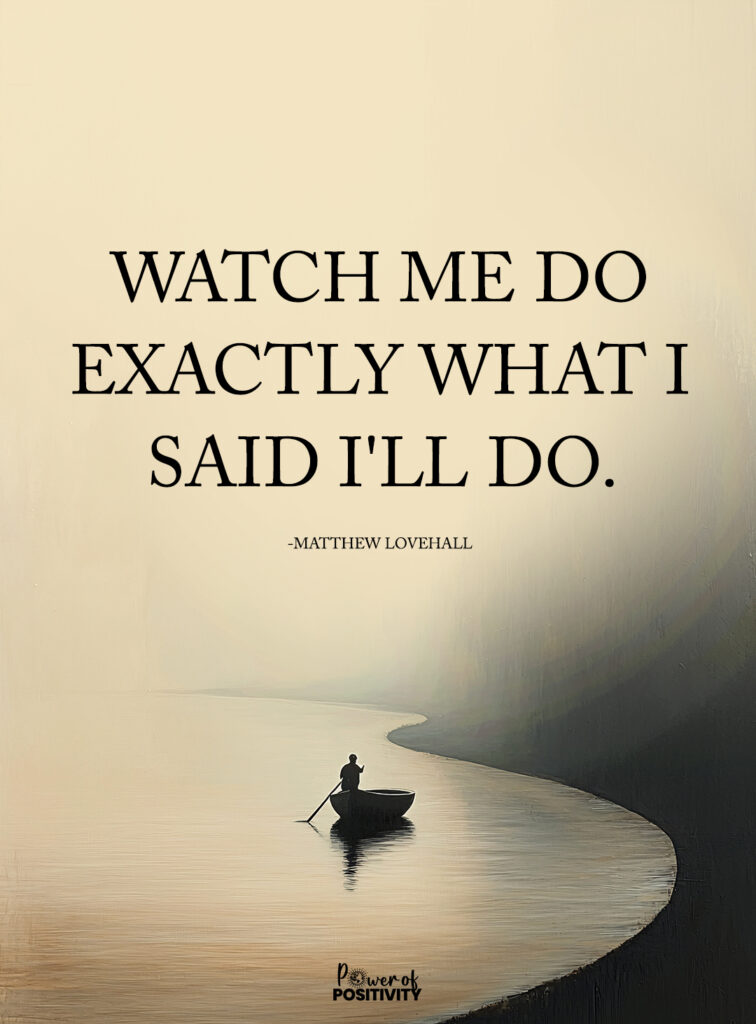What if weight loss didn’t have to feel like a constant battle? Not a strict diet, not a bootcamp, and definitely not something that leaves you feeling guilty or burned out. The truth is, long-term change doesn’t come from extremes—it comes from steady, simple habits that support your life.
You don’t need to cut out everything you enjoy or follow a perfect plan. Real progress happens when you build routines that make you feel better—not just lighter, but stronger, clearer, and more in control of your day.
It’s not about shrinking to meet someone else’s standard. It’s about creating a way of living that feels kind to your body and your mind. When weight loss becomes part of taking care of yourself—not punishing yourself—it starts to actually work.
7 Habits That Actually Support Long-Term Weight Loss
Real weight loss doesn’t come from crash diets or guilt-driven routines—it comes from small habits that make sense in your real life. These aren’t tricks or trends. They’re doable shifts that support your body without pressure or shame. Start with what’s simple, and let the rest follow.
1. Start With Your Daily Patterns, Not the Scale
Change sticks when it fits into your day—not when it’s built around fear of the number on the scale. If you’re always starting over on Monday or skipping meals to “be good,” your patterns might be working against you.
Check in with the habits you repeat without thinking:
- Are you skipping breakfast and then overeating later?
- Do you tend to snack late at night?
- Is stress eating a regular thing?
These daily moments matter. You don’t need to overhaul everything at once. Just start noticing what’s automatic. Even a small shift—like eating a real lunch instead of just coffee and snacks—can make a difference over time. Weight loss starts here: with what’s already happening every day.
2. Eat to Feel Better—Not Just Lighter
The point isn’t to eat less—it’s to eat in a way that helps you feel more balanced and steady. Instead of labeling foods as “bad,” focus on how they leave you feeling afterward.
Ask yourself:
- Did that meal give me energy or make me sluggish?
- Did I feel full, or still looking for something more?
- Did I eat because I was hungry, or just out of habit?
Meals built around real foods—like vegetables, proteins, and healthy fats—can help you feel full without overdoing it. Processed snacks might hit the spot fast, but they usually lead to crashes or cravings later.
When food makes you feel good physically, it’s easier to make those choices again. And that’s what builds real, lasting weight loss.
3. Move Your Body in Ways You Enjoy
Exercise doesn’t have to feel like a punishment. It should be something that fits into your life and feels good enough to stick with.
Try asking:
- What kind of movement feels natural to me?
- Can I start with 10 minutes and build from there?
- Do I enjoy this enough to do it again tomorrow?
Walking, stretching, dancing in your kitchen, or playing with your kids all count. It doesn’t need to be intense—it just needs to happen regularly.
Here’s the truth: consistent movement helps with weight loss, sleep, energy, and even mood. So find something you don’t hate. That’s how you keep going.
4. Tune In Instead of Tuning Out
Eating while distracted can leave you feeling unsatisfied—and often leads to eating more than you need. Paying attention to your meals helps you notice what your body actually wants.
Here are a few ways to start:
- Sit down for meals, even if it’s just 10 minutes.
- Turn off the TV or put down your phone while eating.
- Pause halfway through your plate and ask, “Am I still hungry?”
Mindful eating doesn’t mean being perfect—it means being present. That quick check-in can help you stop eating when you’re full or recognize when you’re eating just to pass time.
The goal isn’t control. It’s connection—with your hunger, your habits, and your needs.
5. Work With Your Stress, Not Against It
Stress doesn’t just mess with your head—it affects your body too. When you’re overwhelmed, your sleep, hunger, and energy all take a hit. That makes weight loss harder.
Instead of ignoring it, try asking:
- What’s really draining me right now?
- Is food the only way I’m coping?
- What else could help me feel calmer?
Helpful stress tools might look like:
- Going for a walk outside
- Talking to someone who listens
- Writing things down instead of keeping it all in
- Saying no to something that’s too much
You don’t need to fix everything. But even one small change in how you handle stress can lower the urge to eat just to feel better. And that’s progress.
6. Get Enough Sleep—It’s Not Optional
Sleep isn’t a luxury. It’s fuel for your body, just like food. When you’re low on sleep, your hunger hormones go up, cravings hit harder, and your body holds onto weight more easily.
To make rest a real part of your routine:
- Go to bed around the same time each night
- Turn off screens an hour before sleeping
- Keep your bedroom cool, dark, and quiet
- Avoid heavy meals right before bed
Lack of sleep doesn’t just make you tired—it messes with how your body processes food and how motivated you feel to move. Fixing your sleep schedule can do more for your weight loss than any workout plan.
Start with one better night. Then build from there.
7. Build an Environment That Makes the Healthy Choice Easier
Willpower fades. Your environment sticks. If your space makes it easy to grab junk food or skip movement, you’ll probably keep doing that.
Think about small things that could help:
- Keep cut-up fruits or veggies at eye level
- Put snacks in harder-to-reach spots
- Fill your fridge with easy, healthy options
- Set out your walking shoes or yoga mat the night before
Even your phone can help—set a reminder to drink water or stretch. Turn your space into one that supports your habits without you having to think twice.
The goal isn’t control—it’s ease. When your surroundings make better choices automatic, weight loss doesn’t feel like such a fight. It just becomes part of your day.
What to Let Go of If You Want Lasting Results
Holding onto shame or strict diet rules can keep you stuck in the same cycle—start, struggle, quit, repeat. That’s not how lasting weight loss works. Change gets easier when you stop beating yourself up and stop following plans that don’t fit your life.
Here’s what might be getting in the way:
- Trying to “earn” your meals through exercise
- Setting deadlines for how fast the weight should come off
- Comparing your body or progress to someone else’s
- Following diets that leave you hungry, stressed, or isolated
Letting go isn’t the same as giving up. It means making space for habits that feel more supportive and less harsh. That’s where the real progress happens—when your choices come from care, not pressure.
How to Stay Consistent Without Burning Out
Pushing too hard can wear you out before you see results. The key to weight loss that lasts is making your efforts repeatable—not exhausting. You don’t need to go all in. You just need to keep going.
Try these ideas:
- Prep a few meals ahead so healthy choices are easier
- Pick a short walk instead of skipping movement altogether
- Set phone alarms for water breaks or bedtime routines
- Make one new habit stick before adding another
- Block out time for rest, not just action
What matters most isn’t doing everything—it’s doing something often enough that it becomes part of your routine. When your habits match your real life, it’s easier to stay on track without burning out.
Final Thoughts on Losing Weight Without Shame
Lasting weight loss doesn’t come from pushing harder—it comes from showing up with care. When you stop trying to “fix” your body and start supporting it, everything changes. Eating meals that actually satisfy you, moving in ways that feel doable, getting sleep, and handling stress—these aren’t extras. They’re the core of what works long-term.
Let go of the idea that you have to be perfect to make progress. You’ll have off days, and that’s okay. What matters is how you treat yourself after. Kindness goes further than any strict diet ever could.
This isn’t about earning approval or chasing a certain look. It’s about building habits that help you feel better, think clearer, and live more fully. That’s the kind of weight loss that sticks—because it’s rooted in respect, not shame. And you’re allowed to choose that path.















